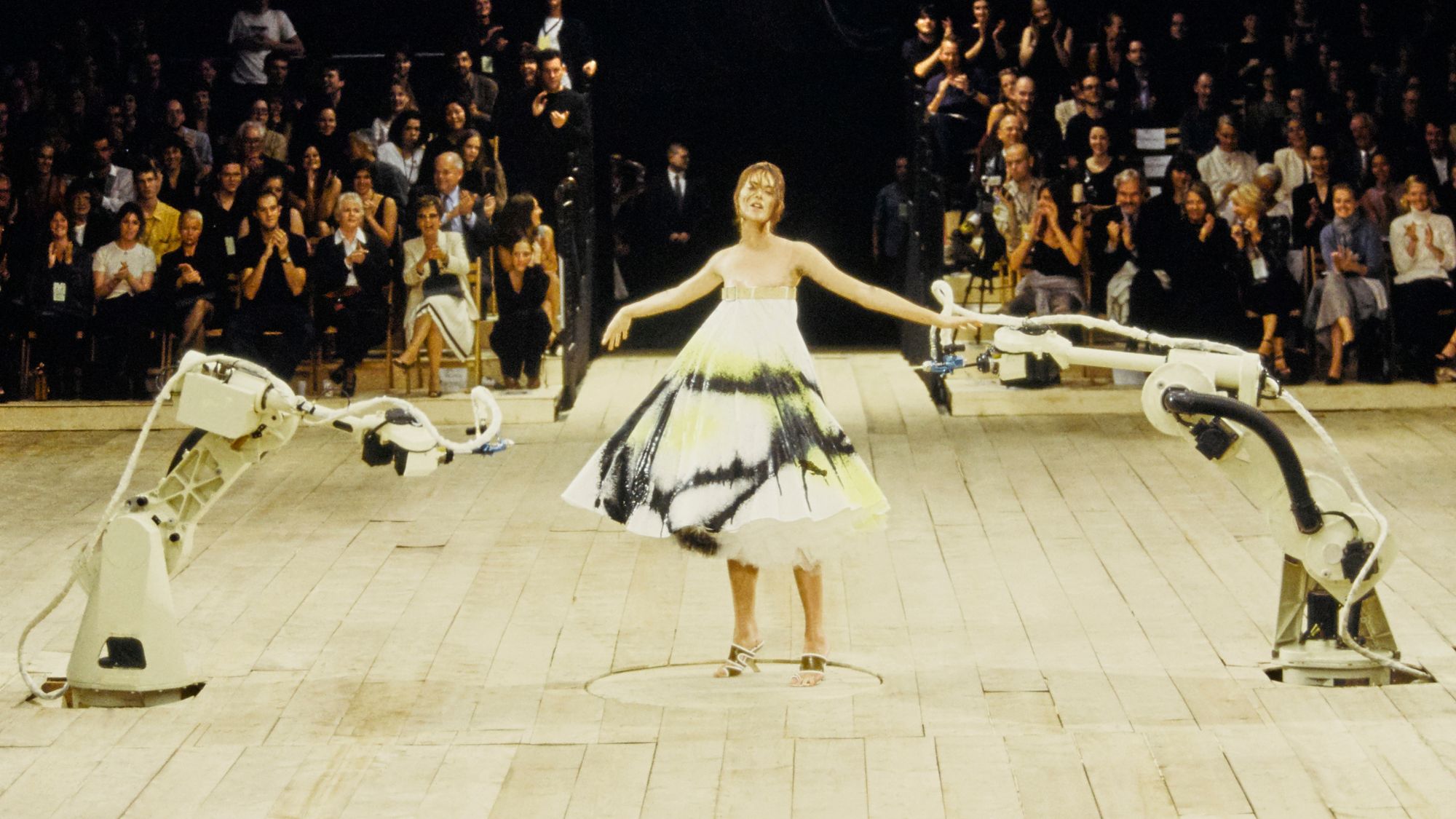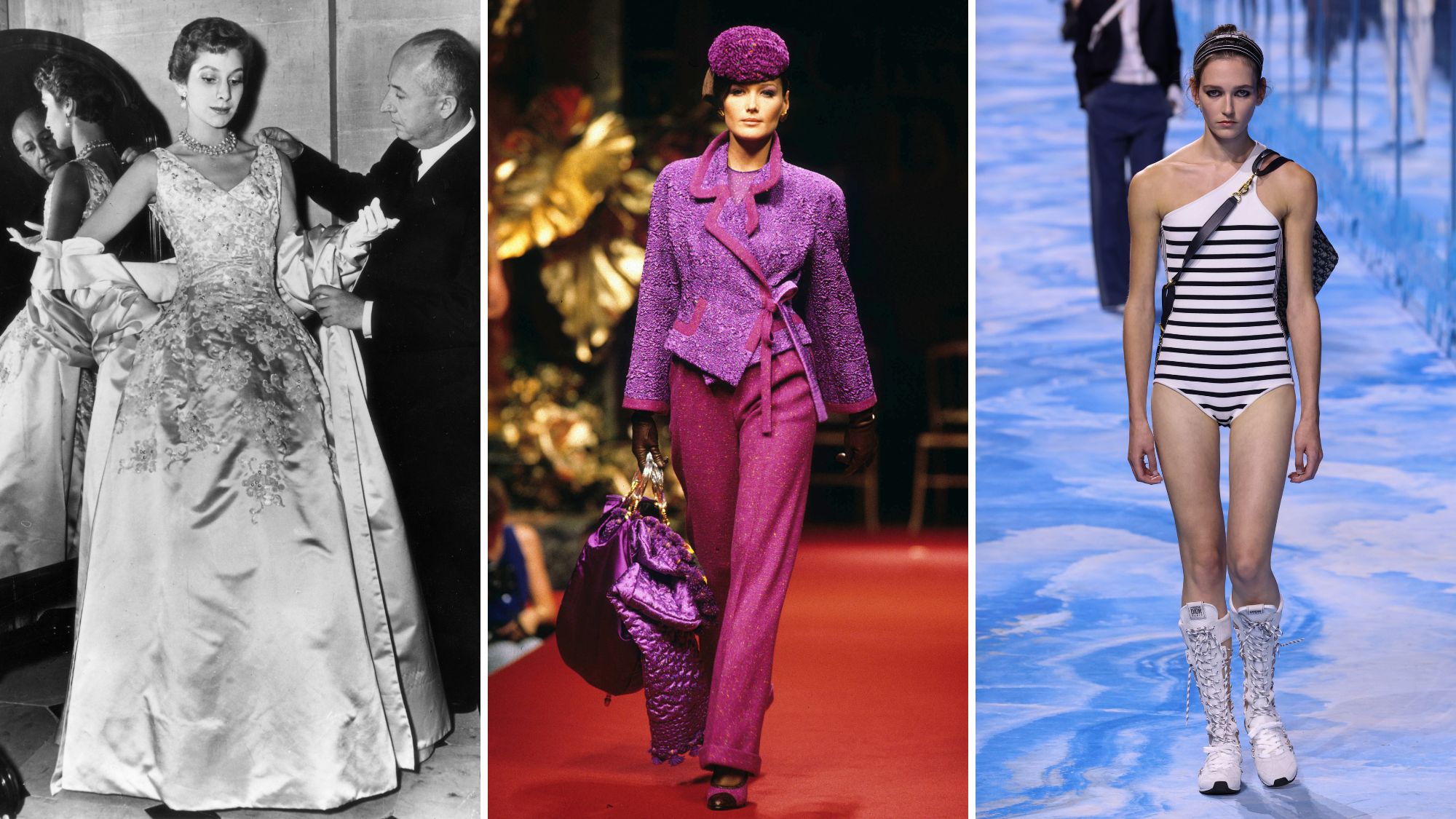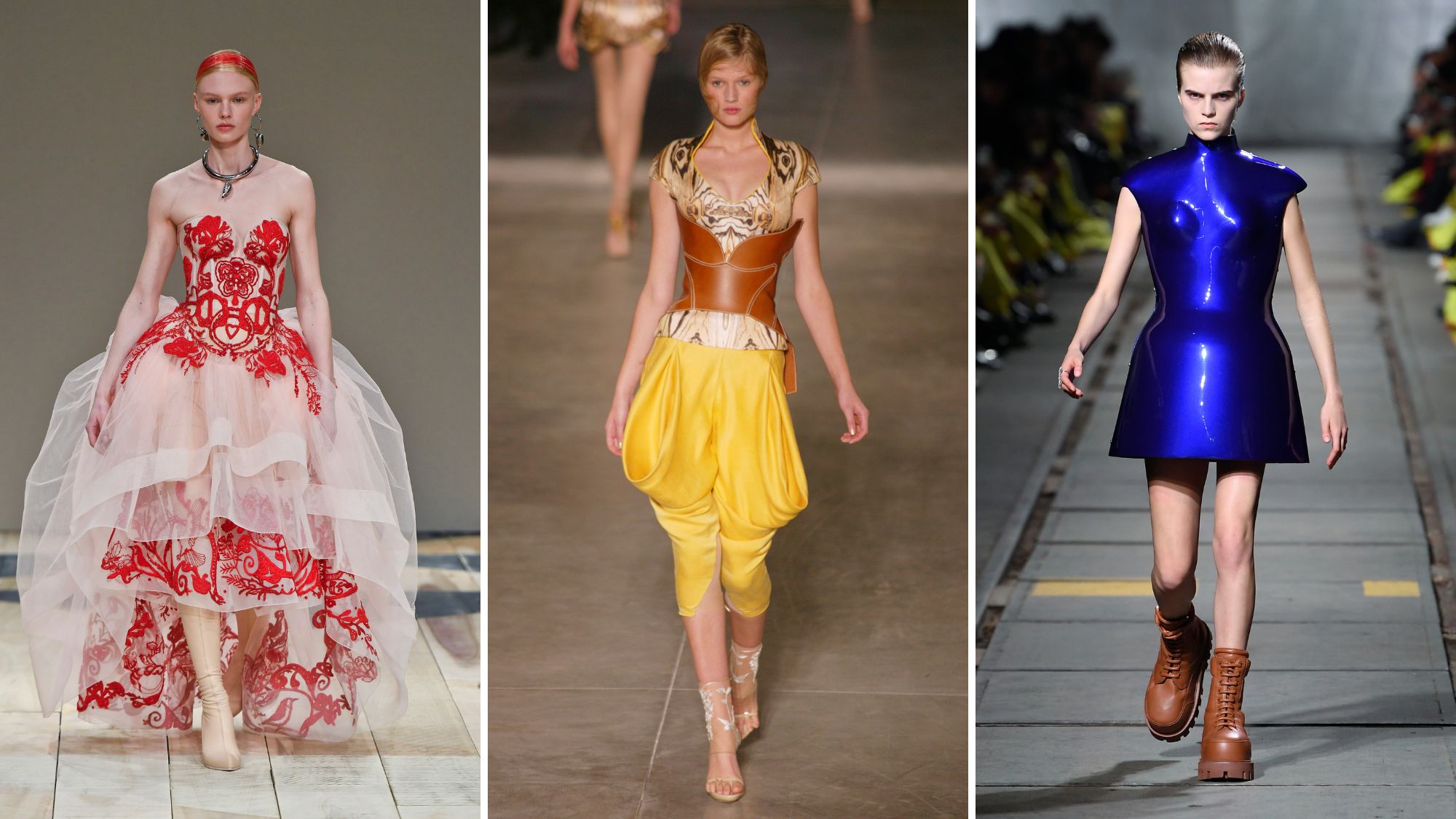When a fashion house bears the name of its founder, the challenge for the successor is not just about designing clothes
Fashion's unrealistic legacy chase


Stepping into the shoes of a legendary designer is like walking a tightrope in couture heels. When a fashion house bears the name of its founder, the challenge for the successor is not just about designing clothes; it’s about living up to a legacy, one that is often steeped in a deeply personal vision. For these new designers, carrying on a namesake brand is a balancing act between honouring the original creator's aesthetic and creating something fresh for a new generation. With every stitch, they’re not only crafting garments but also shaping the future of a storied brand—and facing the daunting task of filling a beloved icon's role.
The fashion industry is an endless revolving door of creative directors, attempting to tackle the beast of stabilising a legacy based on the vision of the deceased namesake designer. As with all creativity, replicating someone's vision is near impossible and requires a change of tactics, but the fashion industry doesn’t like change. The industry likes predictable innovation. A “don’t do too much” approach while still maintaining a forward thinking approach.
As an example; since Christian Dior’s passing in 1957, the house of Dior has gone through multiple changes in creative direction. At just 21 years old Yves Saint Laurent was appointed the successor of the brand and began to experiment with more youthful, avant-garde styles shifting away from Dior's emphasis on femininity and elegance. He was followed by Marc Bohan who despite being commercially successful began to feel outdated. Gianfranco Ferre struggled to balance his bold style with Dior's romantic delicacy, and was soon after followed by John Galliano, Bill Gaytten, Raf Simons and now ending with Maria Grazia Chiuri, the first woman to lead Dior bringing her modern feminist perspective. And it’s not just Dior, Yves Saint Laurent has had five designers, and Givenchy six. The weight of preserving the founder's vision often clashes with the need for innovation, making it difficult for new designers to balance a nostalgic past with the desire to forge their own creative path.

When a designer chooses to name their brand after themselves, it’s often tied to a strong personal legacy. Founders like Coco Chanel and Alexander McQueen weren’t just designers, they were visionaries who shaped entire fashion eras. Their work didn’t just create consumers but a fierce loyal fandom and their longstanding, loyal consumer base expects a certain level of quality and depth.
As new designers step into the ocean sized shoes of those before them, critics and journalists are ready to pounce with their opinions. The Alexander McQueen Autumn/Winter 2024 show was the most recent on the chopping block. As the show took place, fashion tears soaked the pages of every news outlet as McGirrs’ take on Lee and Sarahs’ McQueen was nowhere to be found. A designer such as Lee McQueen, is almost impossible to replicate. Lee didn’t just have fans, he had a family in every woman who felt the wrath of the world. He was able to take the worst of humanity, and turn it into power. Some knew him as a hero and one of the greatest designers of our time. It was his raison d'être.
So can that level of passion ever be replicated? Apparently not as despair flooded the internet, not an ounce of McQueen was found, their rebellious hero lost in a sea of sanitised trends, stripped of the raw, visceral energy that once defined his work. McGirr received the razor sharp tongues of journalists across the world who began mourning McQueen again, as they once did in 2010.

Taking the reins of a legacy brand means more than just designing clothes - it’s about capturing the spirit of the visionary who laid the foundation. The delicate dance between devotion and renewal is almost too much to bare. And in the world of fashion where everything is up for critique and every deviation from the founder's style is analysed, new creative directors walk a fine line.
Celebrity news, beauty, fashion advice, and fascinating features, delivered straight to your inbox!
As we’ve seen with Dior, Givenchy, and most recently, Alexander McQueen, the result is often a complex mixture of praise, critique, and nostalgia. The fashion world clings to tradition, craving innovation but demanding that it come in familiar packaging. In the case of McQueen, the outcry following the Autumn/Winter 2024 collection only reaffirms that some legacies are so deeply personal, so fiercely loved, that any attempt at continuation feels like an intrusion.
For these designers, the challenge is not only to carry on a name but to carry the weight of the life, vision, and spirit behind it. but, perhaps, some visions are meant to remain singular and left to rest as the designer in their passing. However, as we know, fashion is a business and art is made to consume as soon as you make your first sale and so the revolving door must continue, with successors left to chase the unattainable - a homage that can never quite fill the shoes left behind.

Basma Khalifa is a freelance director and writer who is particularly interested in stories that centre identity and authenticity. Basma is based in London and writes for publications such as Elle, The Guardian, The Times, The Independent and Stylist.